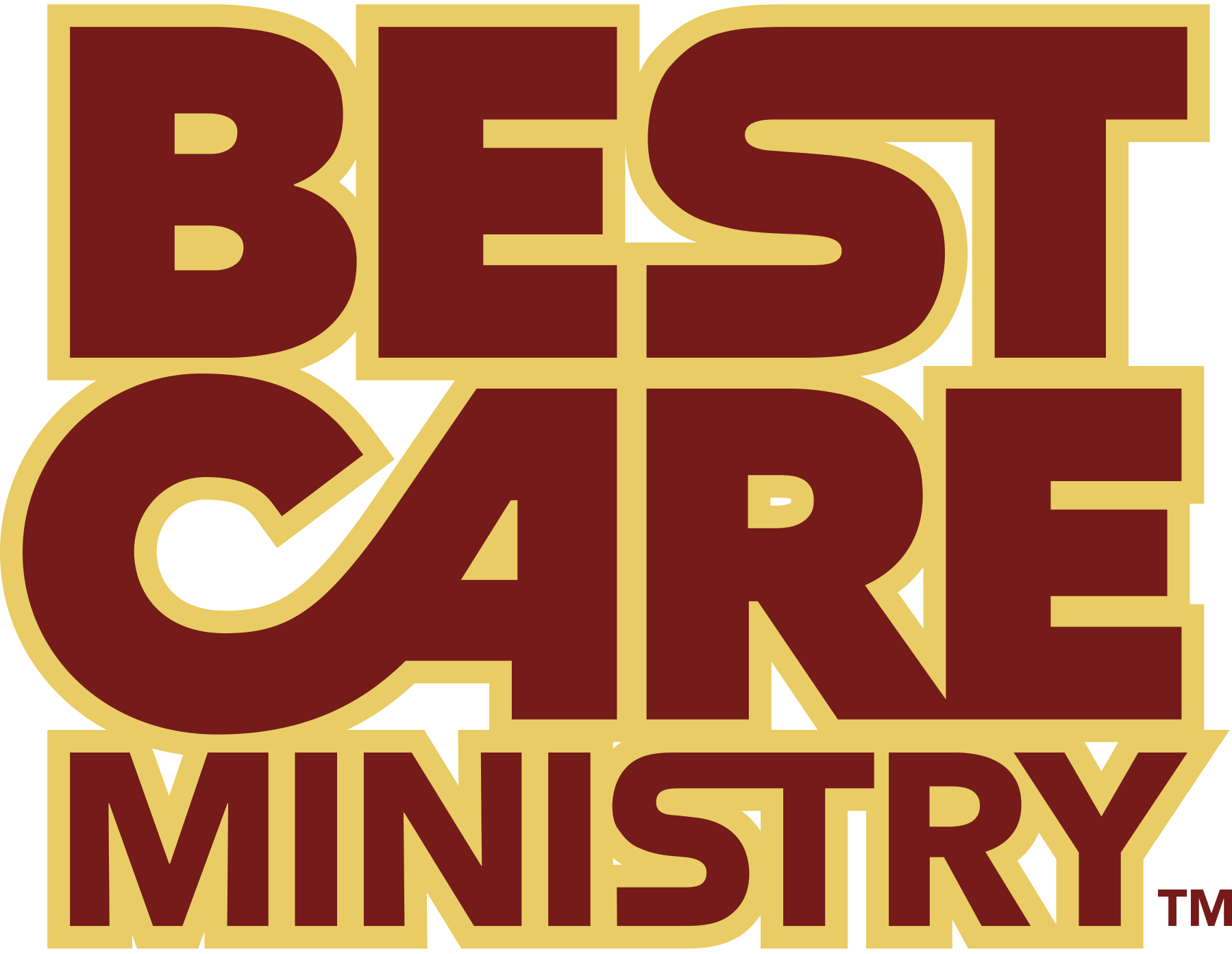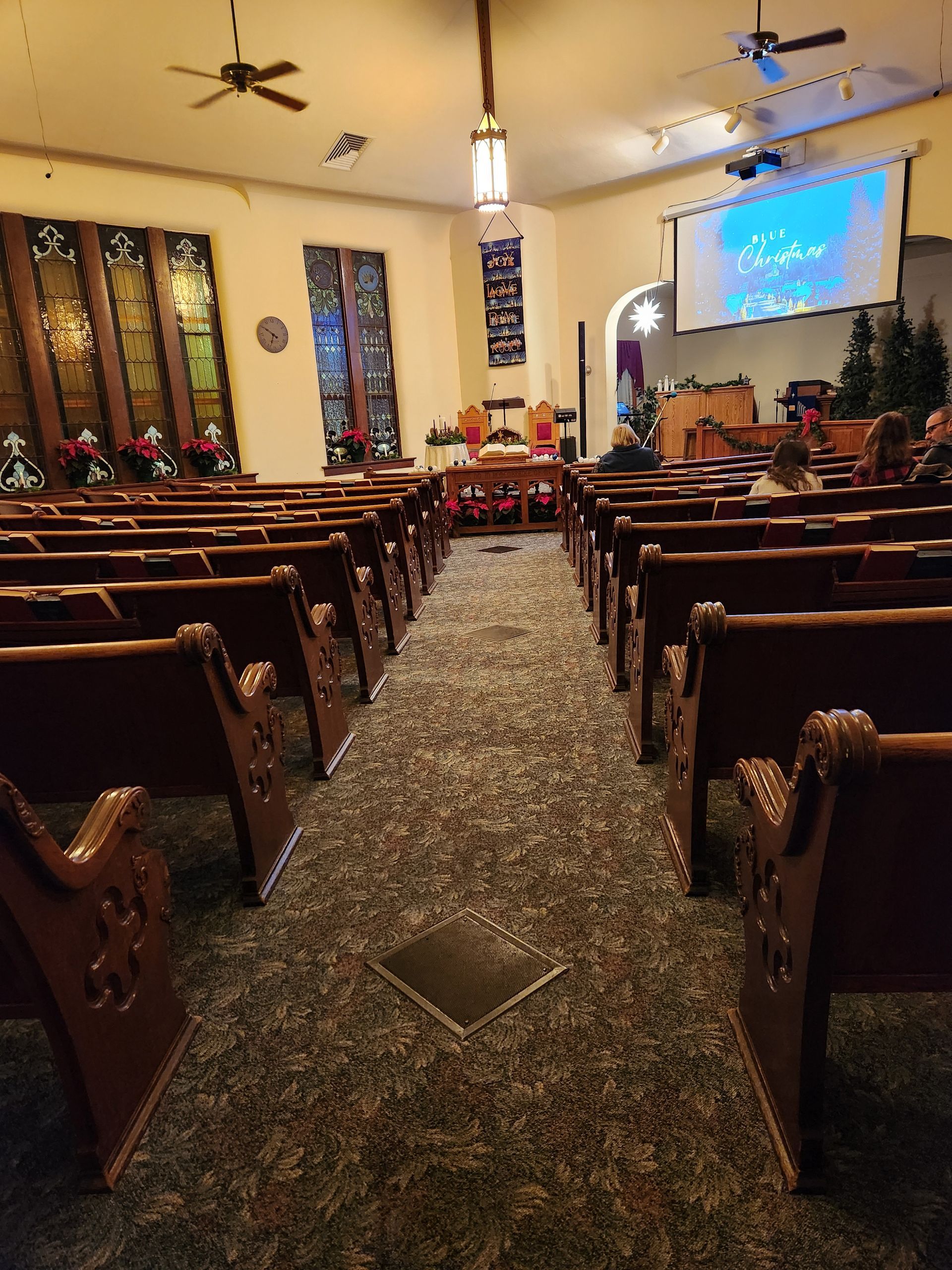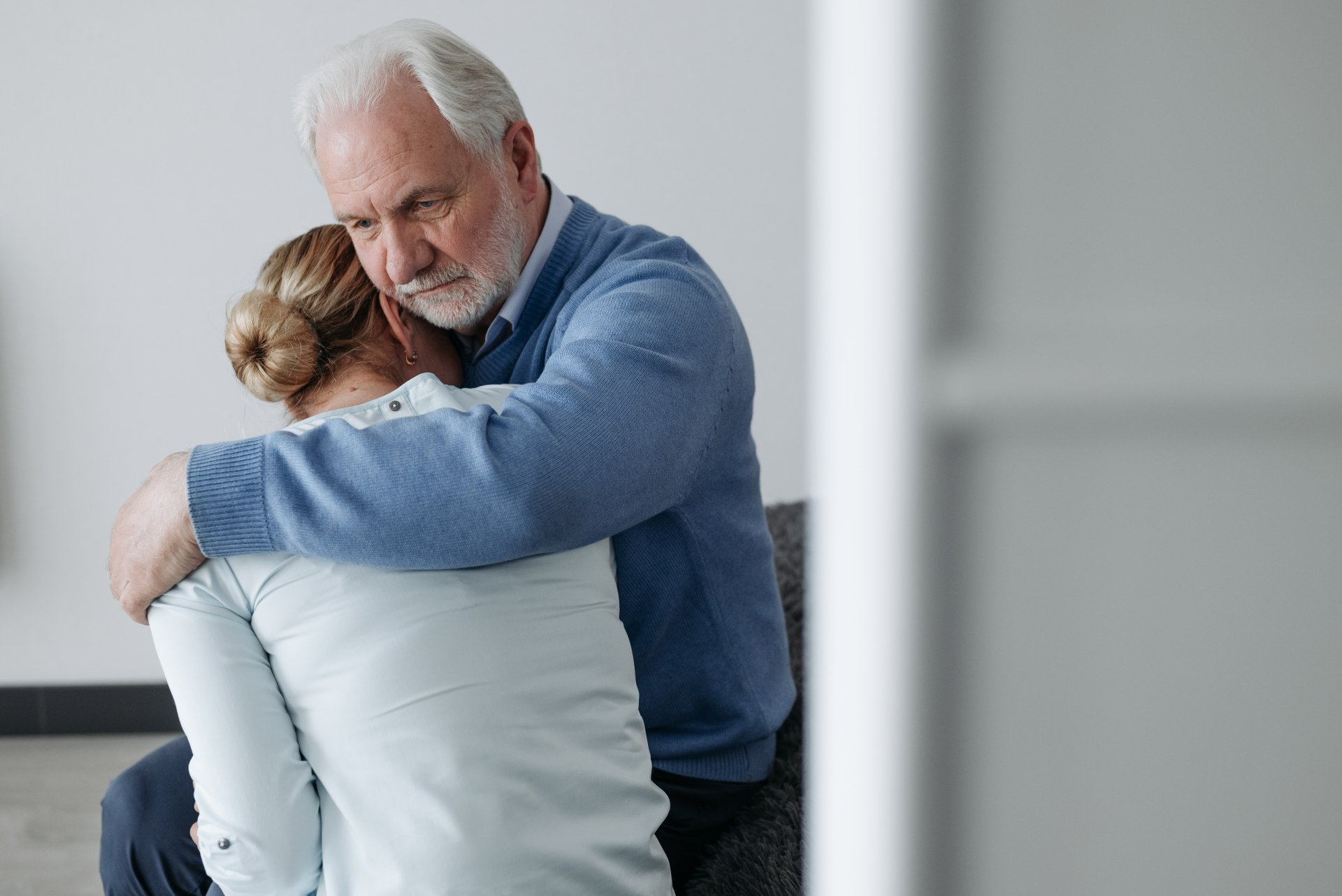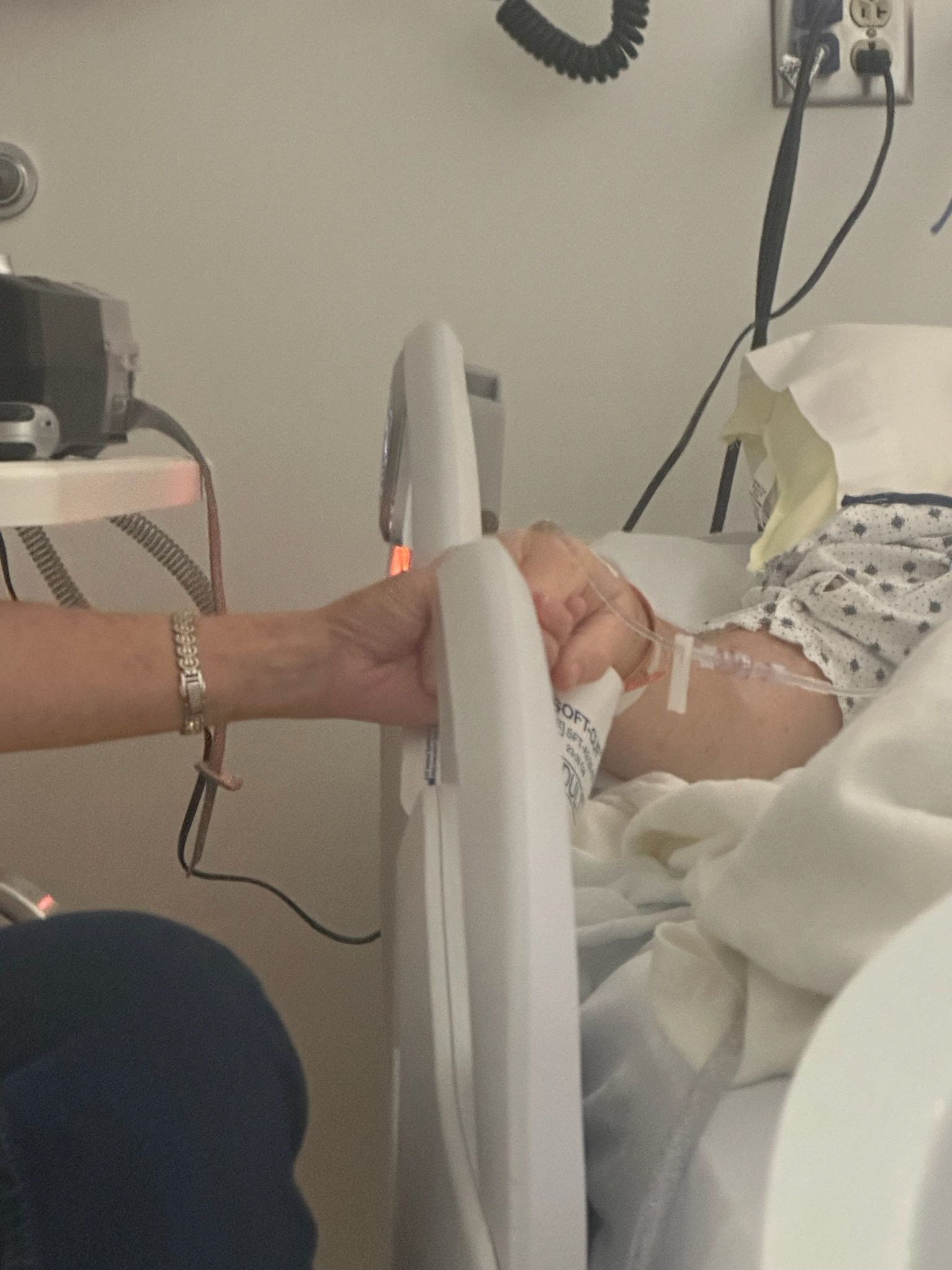There is no quick fix,
but there are things we can do for the depressed.
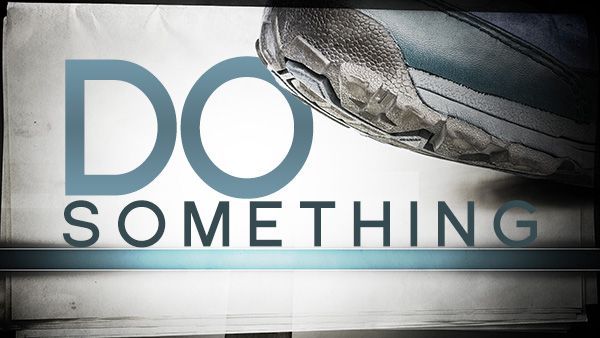
During Covid the number of clinically depressed nearly tripled! Nearly one of every four people in our community was suffering from depression.
Some of those affects linger and now, in a polarized political environment, and with wars raging and others threatening, there are additional causes. Here are four things that contributed to the Covid-era spike. In my next post we will look at the connection of politics and depression.
- Isolation. "Stay at home."
- Unpredictability. "I don't know how to plan."
- Sudden end to activities. Unprecedented in our life time.
- Financial impact. Lack of money makes everything worse. Poor people lack access to tools and resources. Circumstances are overwhelming.
Dr. Michael Ballard of Grace Counselling identified these points before his talk on what to do about depression. He was talking to the Stephen Ministers at my church at our monthly Continuing Education session.
Depression is more than a bad mood. A person can not just snap our of it.
There are not three easy steps to get over it. We should not blame people for being depressed. He covered the difficulty of depression in a previous session and I referred to that in the previous post.
However there are things we can do when battling depression or supporting someone who is depressed. But before we can get to what we can do he gave us these warnings.
- This is not a list we should stuff under the nose of a depressed person.
- We should listen first.
- Seek to understand where they are in their depression.
- Make sure they feel that they have been validated as a person and heard regarding their emotional pain.
Here is a Dr. Ballard's top 20 list of things we can do to fight depression.
1. Get outside. See the sun. Feel the wind. Be alive.
2. Be around other people, especially "up" people.
3. Do the opposite of what the depression voice says. "I just need to sleep until I feel like doing something." Instead, get up and so something--go for a walk, make coffee, do a load of laundry...
4. Set small attainable goals. Take baby steps.
5. Do something, even just one thing. Make it attainable and a little uncomfortable. Action is the goal not comfort. Action will bring the comfort later.
6. Listen to music.
7. Exercise.
8. Eat healthy regular meals.
9. Limit alcohol.
10. Pay attention to sleep.
11. Get a routine. Establish rituals.
12. Accept yourself for where you are. You are where you are and it is the direction you go that matters now. Bemoaning the current condition only makes matters worse.
13. Challenge your negative thoughts. My thinking affects my mood. That is called cognitive behavioral therapy.
14. Take on responsibility even before you feel better. But, not too much.
15. Do something new.
16. Do something you enjoy.
17. Volunteer to help others.
18. Practice gratitude. Be thankful for three things every day.
19. Spend time in quiet, contemplative prayer accompanied by reading Scripture. (My addition...Psalms and Proverbs)
20. Look into counselling and, possibly as a final result, medication.
Especially during during tumultuous times that stimulate spikes in depression these actions deserve the attention of all of us.
Use some or all of Dr. Ballard's top 20 list for self care to prevent or address your depression. More than a list to fight depression, they are actions that lead to health and productivity.
The The 7 Essentials for Caring that Makes a Difference, are a great foundation for using Dr. Ballards top 20. When you are practicing Extreme Listening, many of the Top 20 can be the content of your open ended questions as you are learning their story. "What do you enjoy?" "How is your rest?" "How can I support you in gratitude and prayer?"
There is hope. We can do something to fight depression and help others get through it. Caring for people matters!
